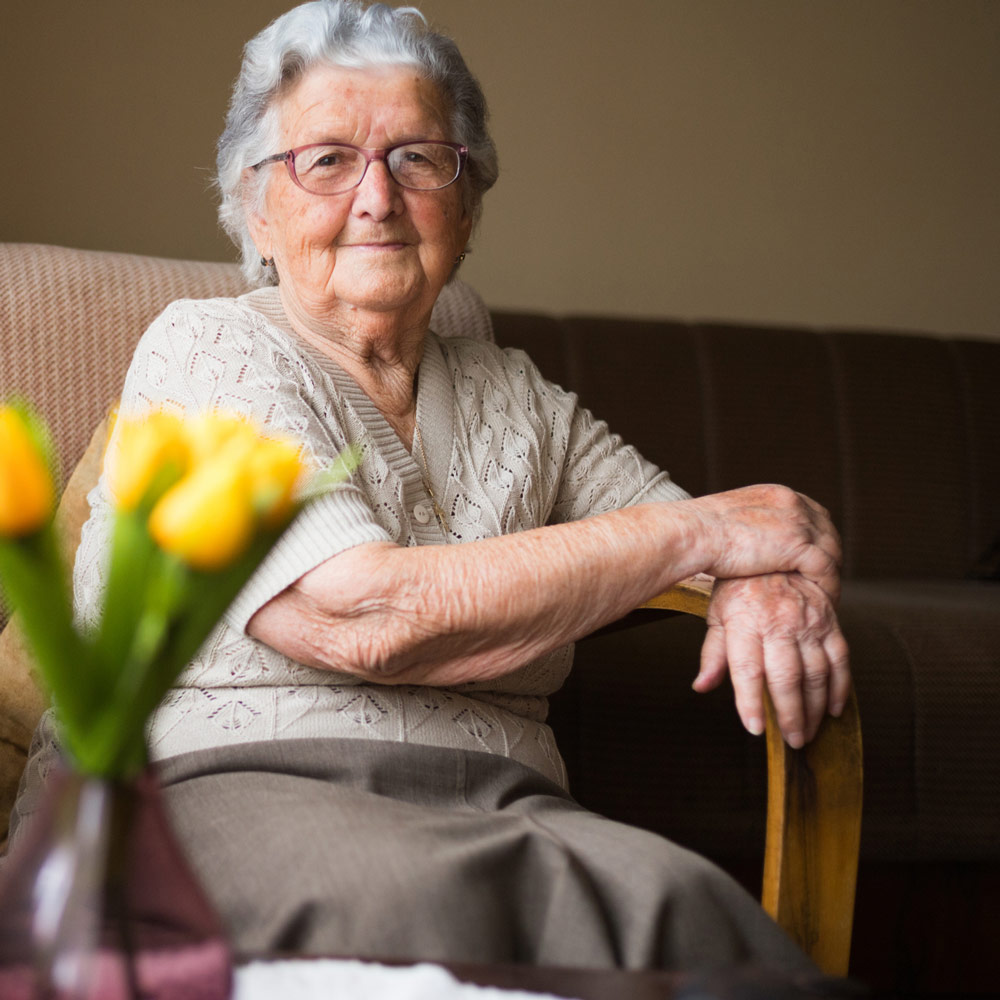Psychiatry for seniors
Is my parent depressed, sad or sick?
It can be truly difficult to wonder if a parent that is losing energy is really sick, sad, or developing a depression.
Psychiatry for seniors
Is my parent depressed, sad or sick?
It can be truly difficult to wonder if a parent that is losing energy is really sick, sad, or developing a depression.
People do not get depressed because is growing old. With age, one cannot avoid getting tired faster and more vulnerable. Nevertheless, age is not a disease, and it is not a natural age phenomenon to isolate oneself and withdraw into oneself. It is a big mistake to think that just because you get old, you also automatically become sadder. It is about getting physically and mentally tired faster because one have certain age.
It is essential to try to distinguish, between explanatory and unexplained conditions. It is not a warning sign, if they get naturally tired in relation to their age. Fatigue can be present and has nothing to do with depression. In addition, it is clear that one is allowed to feel sad and alone when losing a partner, an old friend or someone close. Many relatives mistakenly connect loss, sadness, and depression. However, if the elderly person becomes sad, introverted and withdrawn for no apparent reason, it can be a sign of depression.
It is very important to evaluate all aspects, including general health and the medications they take, as there are diseases that can lead to changes in mood and behavior. This is not to mention that usually older people take combinations of multiple medications that can induce variations in humour, and a general slowing down in the usual activities.
In order to find abnormal behaviour could be useful to remember how they used to be a few years back. Were they happy with life? Was there anything they could be happy about, or was there something they enjoyed doing that made life worth living? If you experience your mother or father very changed – sad and introverted and without a desire for anything -, and maybe they cannot even remember what they were once happy with – then they may have a depressive illness. Moreover if this changes are present morning, noon and evening.
Senior adults do not always get depressed in the classic way. They may become irritable and aggressive or may develop paranoia. They may also become more preoccupied with their own health and may develop hypochondriac features. It does not belong to getting old, so if they have not had those traits earlier in life, it is also not natural to get them in old age. Others have concentration problems, where the relatives begin to consider whether it is an incipient dementia. Here it is important to decide whether it is a depression or an incipient dementia, because there are depressions that are similar to dementia and vice versa.
Help prudently
It can be hard to watch while your old mother or father is not well. However, if you want to help, you have to be careful. Each one that is willing to help, should respectfully ask how the elderly person feels: You can try to ask what life is like today, unlike in the past. How they feel about their body and what they think about it. At the same time, it should be remembered that a depressed person often does not have insight into his own illness at all; therefore, it would be difficult to take them to get the assistance they need, so you have to proceed cautiously so they do not feel pushed or forced to do something they do not want to do. It is always better in terms of good therapeutic compliance if the patient agrees to get medical assistance rather than just take them without their approval.

